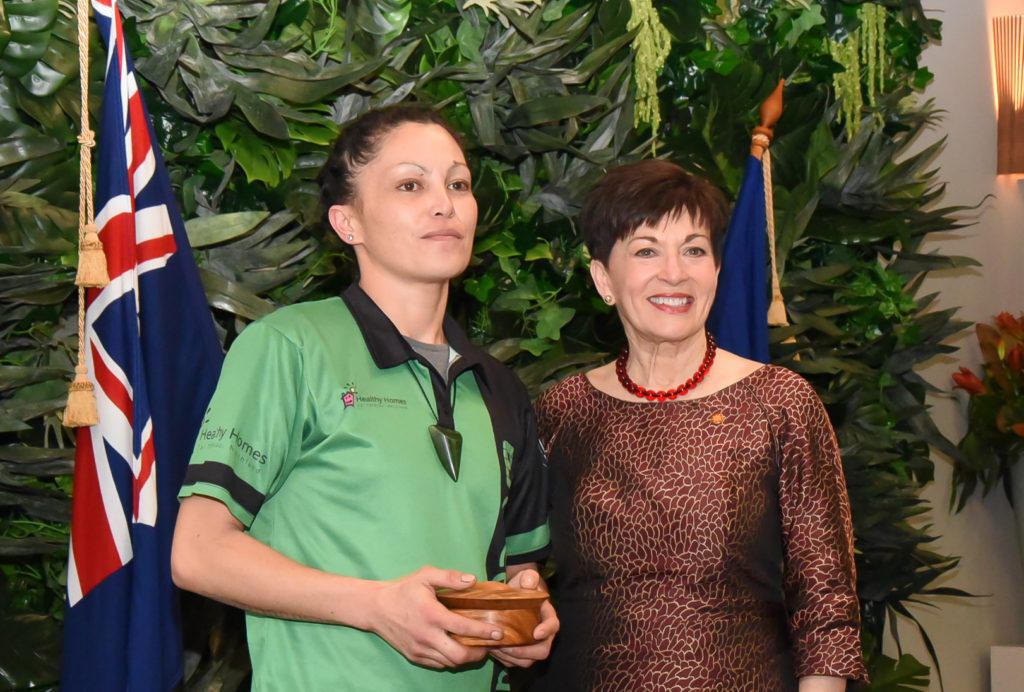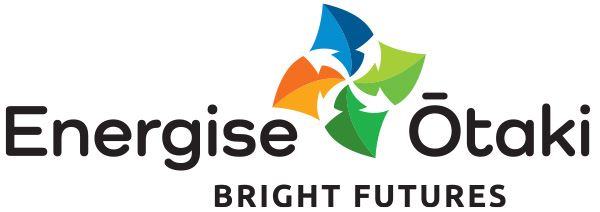There are two driving forces for Community Energy Network (CEN). We need to eliminate energy hardship. And we need to support our communities to become as resilient as possible to the changing climate, while lowering their carbon emissions.
To achieve both outcomes, we need to provide initiatives that involve and engage the public, providing opportunities for everyone to participate in the changes we must bring about. Rather than this change being an imposition from outside the community, we create opportunities for the public to build these new directions into their daily lives.
From a national perspective, what we really need is a cohesive package of policies that range across both multiple Government Ministries and local government. This package needs integrated policies and funding to ensure:
- All homes, whether new or old, meet effective standards for insulation, heating, ventilation and drainage. By effective, we mean that every home can be affordably kept above 18C throughout the year and that no mould can grow.
- People can fully engage in their local renewable energy generation, use and management.
- All communities can get involved in developing solutions to complex issues, such as how we transition to low carbon and establishing local transport systems.
Right now, our members are focused on improving the quality of New Zealand homes. To give credit where it is due, successive Governments have continued to fund a successful programme for at least the last 15 years. This programme is now called Warmer Kiwi Homes (WKH) and it has led to the insulation and heating of hundreds of thousands of homes. EECA celebrated the 300,000th home being insulated in 2019. Community Energy Network members have insulated at least a third of those homes.
Yet when a CEN member is doing this work, the input and outcomes are different to when a commercial operator does it. This is because the CEN members operate as community enterprises focused on meeting the needs of their community. They understand local people because they’re locals, they go further to remove barriers to a family being eligible for insulation and heating, even if their home is of a very poor standard.
Community Enterprises are not established to run businesses and services, they run businesses and services to bring about positive improvement and address a need in their communities.
As a result, the impacts are significant:
- Members provide training and on the job skills development (see photo below)
- This isn’t limited to just insulation and heating. It also includes other support services, such as education, curtain banks, and whānau support.
- It’s not about the metres of insulation installed. While assessing and insulating, member staff are able to spend time with the people in their homes, so they understand how a healthy home works and to support them to achieve this
- The reach of these Community Enterprises goes even further, developing other locally specific sustainability initiatives, such as nurseries for native restoration projects, public transport services, justice reform, waste and recycling, environmental education and providing community enterprise incubator support.
- Because of their kaupapa, all CEN members involved in WKH have long lasting relationships with regional and national philanthropy. The members are trusted. Their values and competency mean that they continue to bring millions into the programme from these relationships.
In short Warmer Kiwi Homes is not just an insulation and heating subsidy programme. Through the CEN contractors, it directly influences a wide ecosystem of community enterprises that would otherwise be non-existent or, at the very least, smaller.
Through Warmer Kiwi Homes evaluations in the past, only the health impacts are well measured and evaluated (a financial benefit of around 5:1 on money spent in health). While this value for dollar spent is significant, the other impacts mentioned above have not been properly measured (or indeed valued) but we know they make a massive, long-term difference to staff and vulnerable members of our communities.
We know that programmes go in and out of favour with any funding organisation, whether central and local government or even philanthropy.
That WKH has lasted as long as it has is testament to how successful it has been. Yet we are probably only halfway through insulating the vulnerable homes that need it. And insulation and heating are just the start of what is actually required to make all of Aotearoa’s homes warm and dry.




